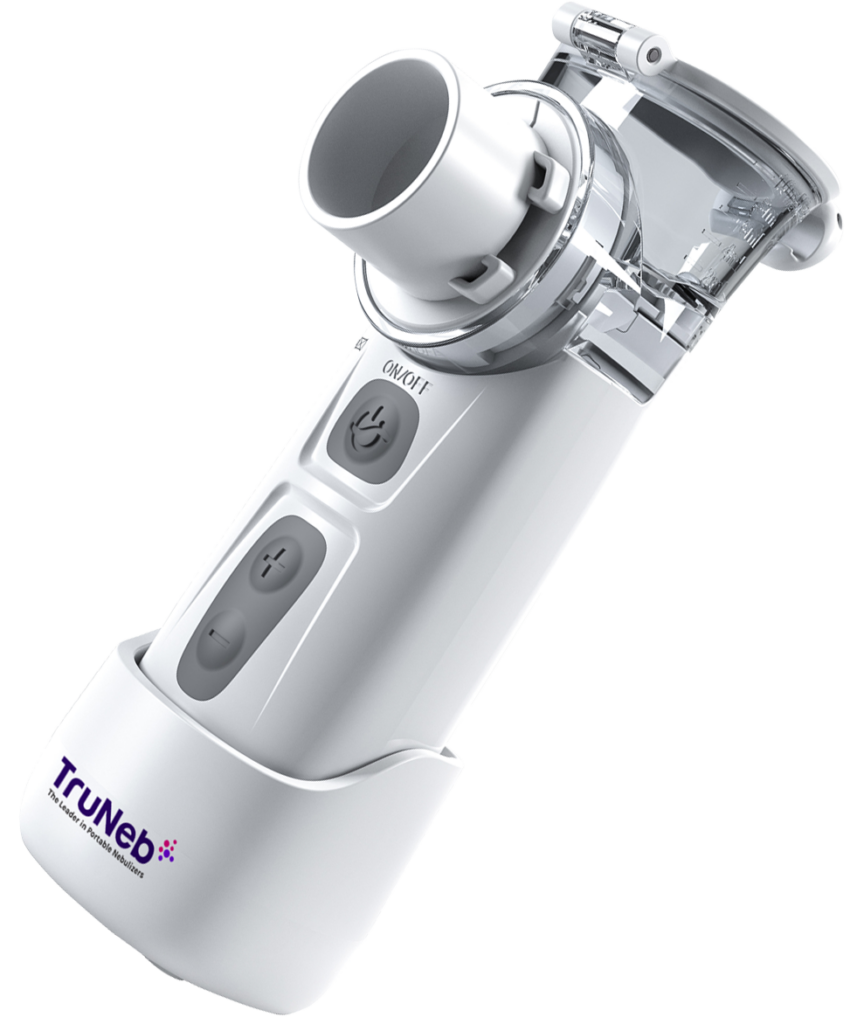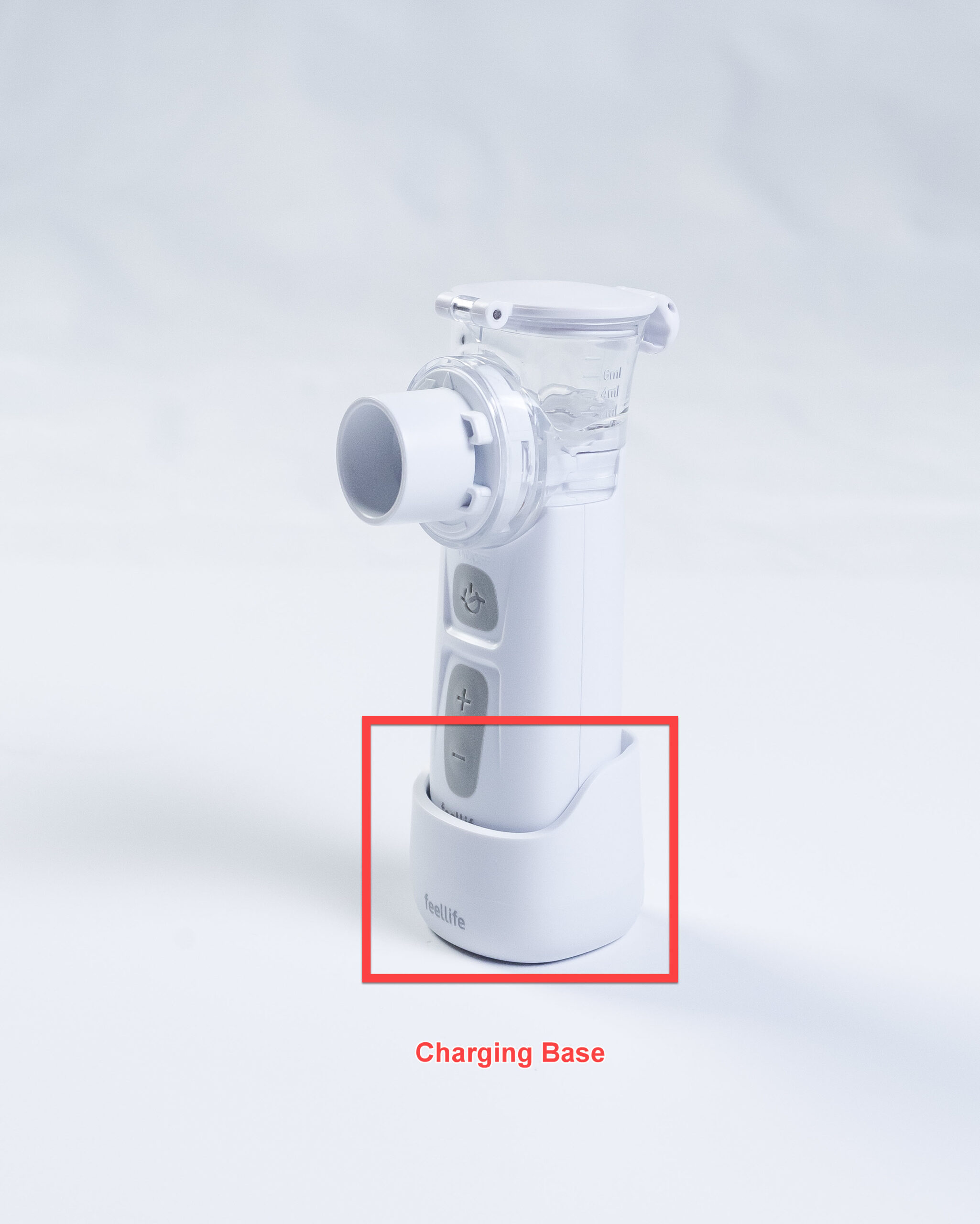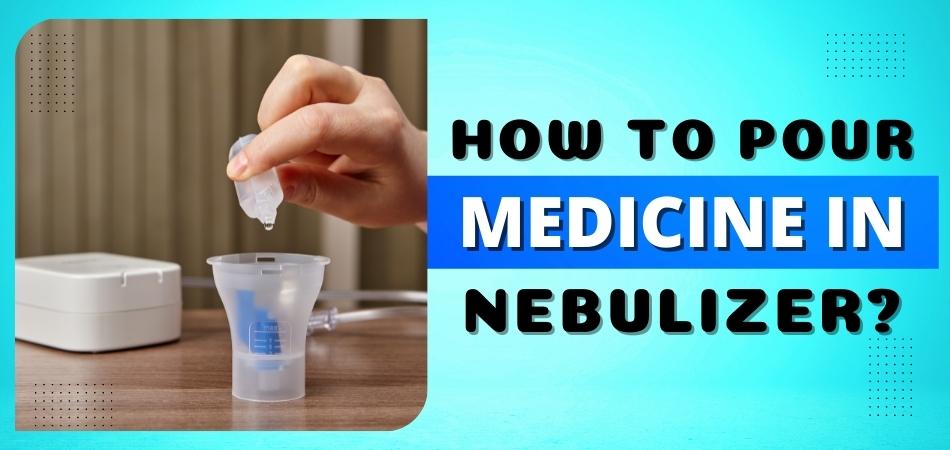A nebulizer is a machine that makes liquid medication into a fine mist so it can be inhaled. Many people with breathing difficulties, such as asthma or COPD, use nebulizers to get the medication they need directly to their lungs. But does a nebulizer supply oxygen?
The answer is both yes and no. A nebulizer will not provide pure oxygen like an oxygen concentrator, but it will deliver a higher concentration of oxygen than what’s in the air around us.
The amount of extra oxygen you get from using a nebulizer depends on how much extra oxygen your body needs and how fast your nebulizer can deliver the medication.
If you have a medical condition that requires supplemental oxygen, you should talk to your doctor about whether or not using a nebulizer is right for you.
What is a Nebulizer?
A nebulizer is a medical device that uses compressed air to turn liquid medication into a fine mist that can be inhaled. The medication is typically placed in a chamber attached to the nebulizer, which is connected to an air compressor.

The compressor forces air through the chamber, vaporizing the liquid medication and creating a fine mist. Nebulizers are commonly used to treat respiratory conditions such as asthma and COPD.
They can also be used to deliver other medications, such as bronchodilators and anti-inflammatories. Nebulizers are generally safe and effective, but they do have some potential risks and side effects.
How Does a Nebulizer Work?
A nebulizer is a medical device that uses air pressure to turn liquid medication into a fine mist that can be inhaled. The nebulizer consists of a compressor, which pumps air into the nebulizer cup, and a mouthpiece or mask.
The medication is placed in the nebulizer cup and when the compressor is turned on, it forces air through the liquid medication, turning it into a fine mist.
The patient then breathes in this mist through the mouthpiece or mask. Nebulizers are most often used to treat asthma and other respiratory conditions. Asthma medications such as albuterol and ipratropium are typically used in nebulizers.
These medications help to open up the airways and make it easier to breathe. Nebulizers can also be used to deliver other types of medications, such as antibiotics, bronchodilators, and even pain relievers.
Nebulizers provide a quick and easy way to receive medication directly to the lungs where it can work most effectively.
What are the Benefits of Using a Nebulizer?
If you or a loved one has asthma, COPD, cystic fibrosis, or another respiratory condition, you may benefit from using a nebulizer.

A nebulizer is a small, handheld device that delivers medication directly to your lungs in the form of a fine mist. This can help you breathe more easily and prevent or relieve symptoms such as wheezing, coughing, and shortness of breath.
There are several types of nebulizers on the market, so it’s important to choose one that’s right for you. Some models are battery operated, while others must be plugged into an electrical outlet. You may also want to consider how easy the nebulizer is to use and clean.
Nebulizers are typically very safe and effective when used as directed by your doctor. However, there are a few potential risks to be aware of. For example, if you use a steroid medication with your nebulizer, it could increase your risk of developing thrush (a fungal infection).
To help reduce your risk of developing thrush or other complications, be sure to rinse your mouth with water after each treatment and disinfect the nebulizer according to the manufacturer’s instructions.
Does Nebulizer Supply Oxygen?
A nebulizer is a machine that uses air to create a fine mist of medication. The medication is then breathed in through the mouthpiece or mask. Nebulizers are most commonly used to treat asthma and COPD, but they can be used to deliver other medications as well.

Nebulizers can be powered by either electricity or batteries, making them portable and convenient for use at home or on the go. Some nebulizers come with built-in compressors, while others require an external compressor.
The main benefit of using a nebulizer is that it allows the medication to be directly delivered to the lungs in the form of a fine mist, which makes it more effective than taking medication orally.
This is especially beneficial for those with severe asthma or COPD who may not be able to take their medication orally due to difficulty breathing. Another benefit of using a nebulizer is that it can be used for both short-term and long-term treatment.
For example, someone who has an acute asthma attack can use a nebulizer to immediately relieve symptoms, while someone with chronic asthma can use a nebulizer on a daily basis as part of their long-term treatment plan.
Nebulizers are generally safe and effective when used as directed. Common side effects include coughing, wheezing, and throat irritation. These side effects are usually temporary and should resolve within minutes after starting treatment.
Conclusion
Some nebulizers can also be used to deliver oxygen therapy. While most nebulizers do not supply oxygen on their own, there are some models that come with an attachment that allows for the delivery of supplemental oxygen.
If you have been prescribed oxygen therapy by your doctor, talk to them about whether or not using a nebulizer would be appropriate for you.
Nebulizing your medications with supplemental oxygen can help to improve your symptoms and make it easier for you to breathe.
Why is TruNeb™ the Best Portable Nebulizer?
Why should you choose our portable mesh nebulizer machine over any other? We’re here to answer that question for you. Our best-selling product is the TruNeb™, which turns your liquid medication into a misty form of delivery so it can reach deep within yourself and give instant relief when needed most
Not only does this thing work great on both children AND adults (even if they’ve never used one before), but ordering from us means fast shipping right away – no waiting in line at pharmacy prescriptions like some places might require…



